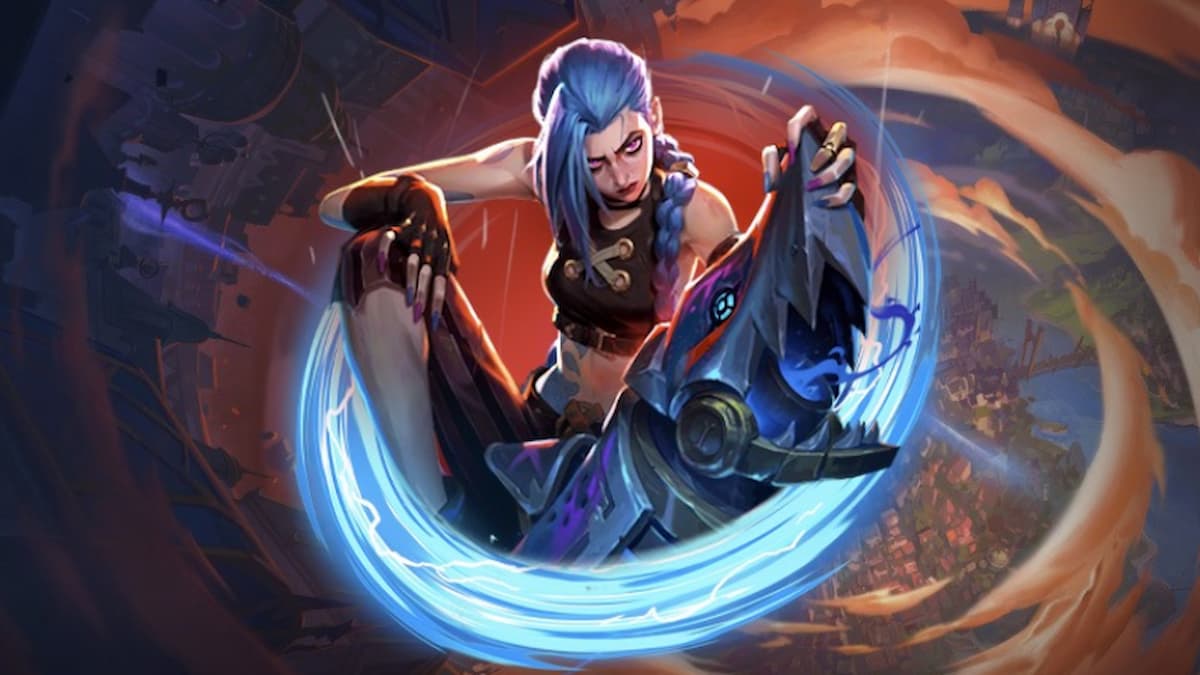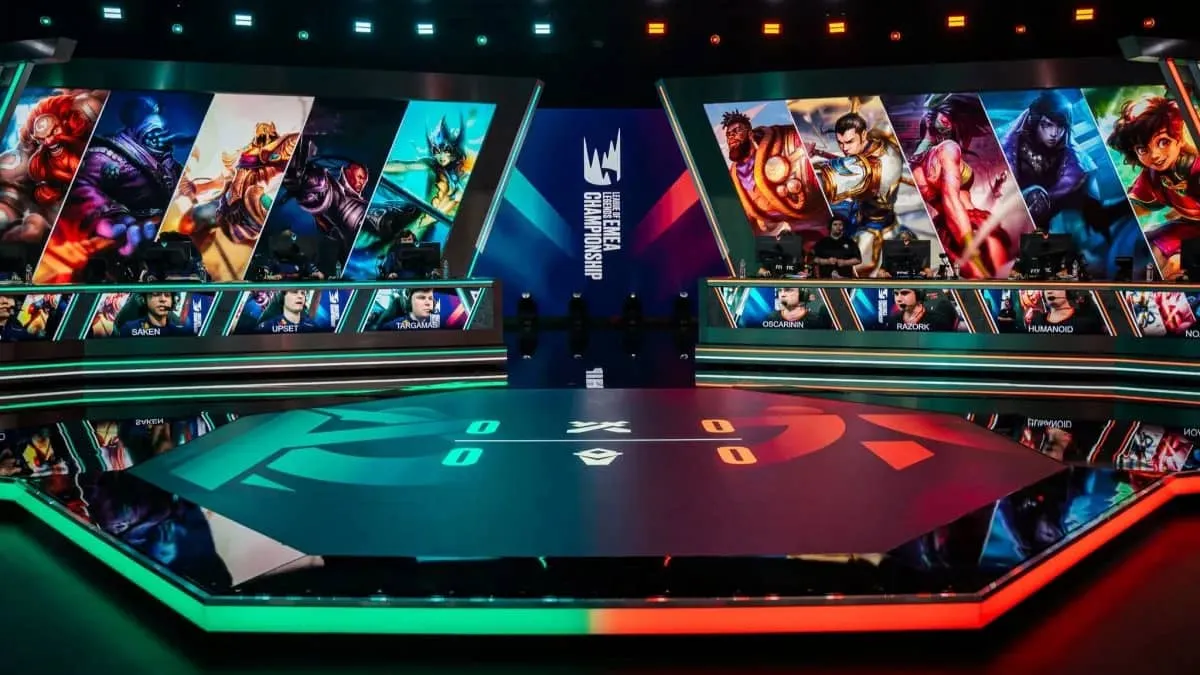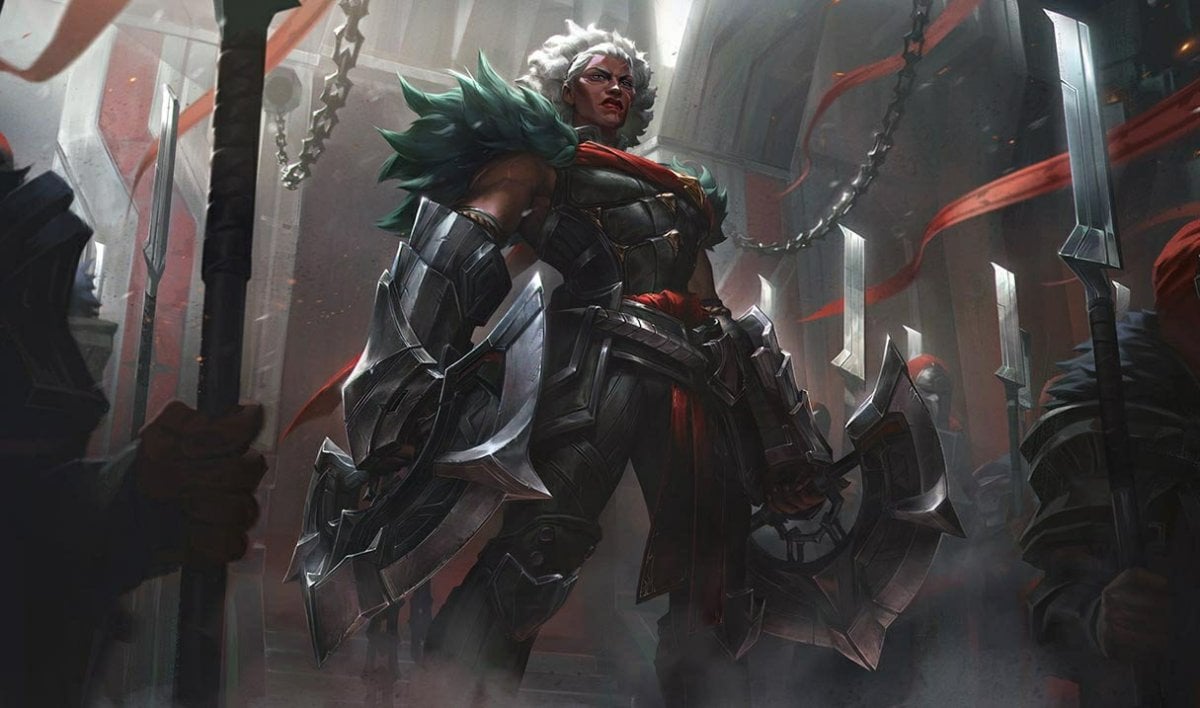There is often more at stake in a game than the result itself, and the upcoming NACS playoffs are as good an example of this as any. Each team brings to the league its own flavor, its own ideology, and its own stakes, adding an element to the NACS narrative that transcends the game itself.
First, let’s clear up what’s directly at stake. Winning the NACS final itself is much less important than winning the semifinal. Winning the final means some extra prize money and a more favorable spot in the promotion tournament, as the first challenger seed has two chances to win a bo5 against the bottom LCS teams to promote, while the second seed only has one. The semifinal, though, is make or break; lose there, and it’s all over until next split. This makes the matchups of TDK vs. Ember and Apex vs. TLA, which happen to be rematches of the week 5 series that were split 1-1, all the more important from a storyline perspective.
In my opinion, the playoffs have naturally become much more meaningful and interesting to the overall NACS story than the regular season, which brings us just eight meaningful games per team (subtracting sub week) in the solid but fundamentally unsatisfying bo2 format. The playoffs are all bo5, and bo5 is the way competitive League of Legends was meant to be played. It requires teams to have strategic flexibility in draft and in game, physical and mental fortitude, and that intangible will-to-win that can be the deciding factor in game five. So much more so than in the regular season, one thing at stake here is these four teams’ legacies, their histories. Frankly, no one remembers the regular season, but the dynamic of last split’s playoffs titans, Renegades and Coast, and the underdogs, Cloud 9 Tempest and Team Imagine, represented a high point in Challenger history.
This split’s playoffs can be viewed in similar dichotomies, but “Korean teams against NA teams” is the most facile and least interesting of them; recent developments have only made this more true. Under the surface, there are numerous complex and intertwining stories being written before us. I will attempt to scratch that surface and examine each team’s motivations and what they signify, in view of their past.

Team Liquid Academy
Team Liquid Academy’s campaign represents the sum of resources invested by owner Steve Arhancet, and the notion that investment in the proper infrastructure will pay off in time. They have been the only organization in the region to consistently provide for their challenger team, housing them in the same apartments, training them in the same facilities, and generally giving them the same team environment as the main team. Their storming of the HTC Invitational and NACS Qualifier, combined with the reports that they were competitive with top LCS teams in scrims led many to believe it was about to pay off big time. But the main team’s struggles necessitated the calling up of Dardoch and Matt, tragically turning a challenger team that seemed set toward promotion into one that might struggle to advance past the semifinals.
Since then, the remaining members of TLA have been out to prove that they can stand on their own, even with a new jungler (Akaadian) and support (Smoothie). Zig, Youngbin, and Fabby are great players in their own right, but the big question has been whether they or their replacements can fill the same in game leadership roles that Dardoch and Matt seemed to. In a weird way, they are fighting for independence, from Dardoch and Matt on one hand, and from TL itself on the other, as the organization would be forced to sell the team if they do qualify. If they are able to overcome the steep odds they face, they will walk the path of Gravity (the former Curse Academy) before them, towards an exciting yet unknown future.
Ember
After a shaky week 1, Ember recovered admirably, all the way up to second place, looking stronger and stronger along the way. They aren’t without their own tragedy though, as jungler Contractz, who has consistently played on a league-MVP level, has been replaced by Santorin. This was a preemptive move by Ember, as Contractz would not have been old enough to play in the promotion tournament, but a painful one nonetheless. Only time will tell how tragic this move ends up being. Santorin has been in competitive form from his recent EUCS games with Huma, and is already familiar with teammates Goldenglue and LOD, having played with them before on Team Coast.
For the Ember organization, an entire philosophy is at stake in these playoffs. Their bursting onto the scene just a few months ago and their actions since then have been the subject of much discussion and scrutiny. They have been extremely transparent and unabashed in sharing the details of their infrastructure: unprecedented salaries, numerous staff acquisitions, and team development methods, all under the guiding principle that “better humans make better athletes.” Victory would validate their methodology, and allow them to take their project to the next level; defeat means Ember won’t show up in the LCS until at least 2017–forever in esports time.
Apex Gaming
Apex’s split has been stable compared to the changes other teams have undergone, though they did substitute Shrimp in place of Eve in the jungle after week 3. The introduction of a player familiar with both his toplaner (Cris) and coach (Saintvicious) seemed to have a net positive effect, though both junglers ended the split with the same record (3-1). Apex were favorites leading into the season, and it’s not a stretch to say that still are favorites as playoffs begin. I think their success thus far has boiled down to their high average consistency in all phases of the game: draft strategy, in-game strategy and decision making, and individual mechanics. Other teams have strengths and weaknesses in their respective areas, but Apex is solid in almost every category.
A victory for Apex is a victory for stable teams that have a strong understanding of team composition and macro fundamentals. Apex sees a clear path to victory before every game, even if that path is traveled at a glacial pace. If they continue to see success with this Saintvicious style, it will stand as another testament to the efficacy of the style within the challenger idiom, and of Saint’s coaching (or at least his ability to select good players, if you’re skeptical). It also shows that the spectre of Coast lives on today.
Team Dragon Knights
But what to make of Team Dragon Knights? The events of this split have put them in competition with TLA for greatest tragedy of the split, that can only leave spectators wondering what could have been. Before the split, things were looking up as they had finally assembled their full Korean-speaking team, including world class marksman, ohq. Then, star midlaner Ninja was suspended until playoffs for tampering in an attempted acquisition. His struggling replacement, do it, was himself quickly replaced by Thy, who was able to salvage their regular season acceptably. The stage was set for Ninja to make his triumphant return in the playoffs, until he was traded along with Seraph for none other than Alex Ich (and Flaresz). Most (including myself) would consider the trade a huge net downgrade for TDK, making the move very puzzling.
In a way though, TDK has come full circle; Alex Ich was of course the first infamous “mercenary” who helped them qualify for the LCS last spring, and is now back to try it again. These two teams were the first to use (or abuse?) this possibility, and numerous other teams have continued the practice this split. Should TDK or RNG find success with their new rosters, it might say more about the league’s ruleset than it does about the teams.
—
Stay tuned in the next few days for part 2 of this series, which will take a closer look at the stories of a key player from each team, and the challenges they’ll face in upcoming matches.






Published: Mar 3, 2016 07:40 pm